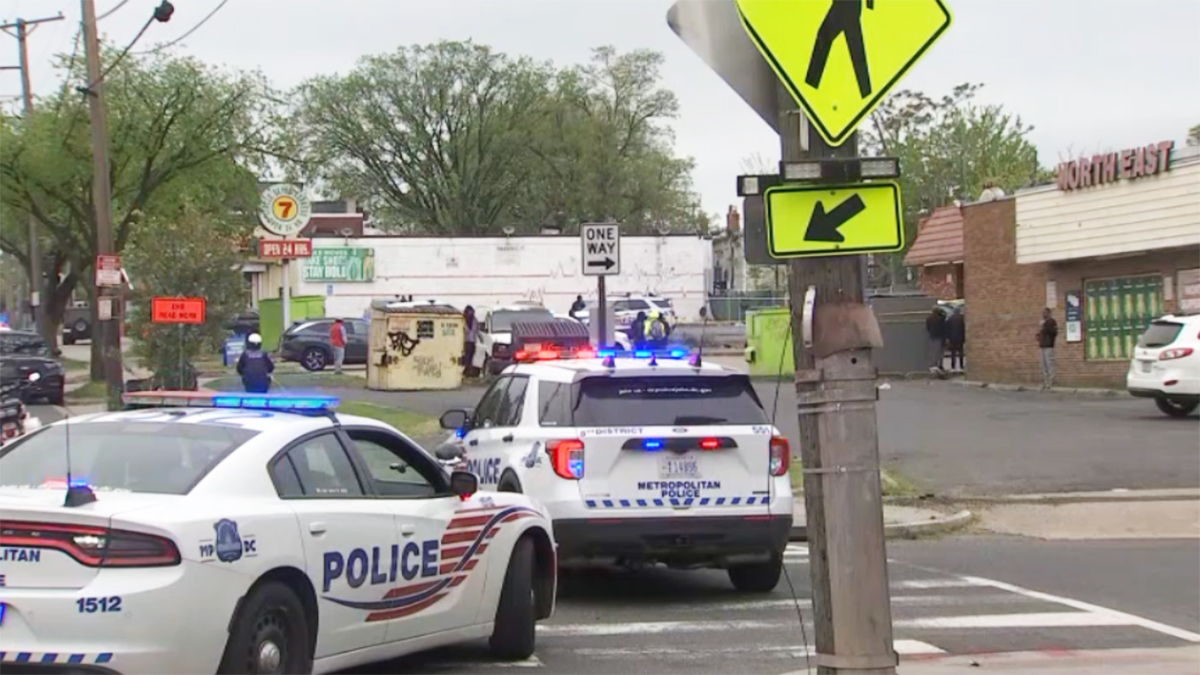Many Rastafarians and other inmates in Virginia who have spent years in isolation for refusing to cut their hair were moved to a prison where they can live together, the state Corrections Department said Wednesday.
The Associated Press reported in June that 48 inmates were being held in segregation for ignoring the state's grooming policy, which bans beards and calls for hair to be kept above the shirt collar.
Department of Corrections spokesman Larry Traylor told AP that 31 inmates were transferred to Keen Mountain Correctional Center in southwestern Virginia late last week. The change was made to "better manage and utilize critical bed space" because the offenders will be held two to a cell instead of just one, Traylor said.
"While there remains a need for consequences when offenders choose not to adhere to VADOC policy, it was determined that offenders whose only offense is failure to comply with the grooming policy should be housed and managed separately from the general population but did not require housing in segregation," Traylor said.
Inmates will not have all the privileges of the prison's general population, but they are allowed to move inside their unit, more personal property, and educational and other programs.
Traylor said in June the policy was needed to prevent inmates from hiding weapons and drugs in their long hair or beards, and also to keep them from quickly changing their appearance if they escape. At least 10 Rastafarian inmates, who view growing their hair unbridled, typically in dreadlocks, as a tenet of their religion, have been in isolation since the policy was enacted in 1999.
Virginia is among only about a dozen states, mostly in the South, that limit the length of inmates' hair and beards, according to the American Correctional Chaplains Association. A handful of those allow accommodations for those whose religious beliefs prohibit cutting their hair. There is no hair policy for federal prisoners.
Local
Washington, D.C., Maryland and Virginia local news, events and information
A group of Rastafarian and Muslim inmates sued the state over the policy in 2003 but lost.
As those who have fought against the policy for years welcomed news of the transfers, some remained concerned that the inmates continue to be treated differently.
"I'm going to remain hopefully optimistic that this may prove to be better, but I don't quite know yet," said Janet Taylor, whose Rastafarian name is "Queen Nzinga."
Taylor said some inmates who have spent 11 years in segregation may have problems adjusting to having a cellmate, and the time in isolation may have taken a mental toll on the inmates.



